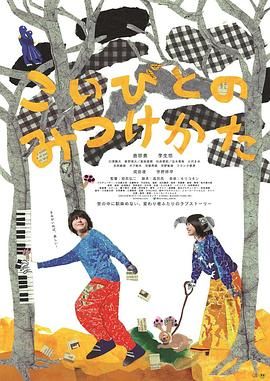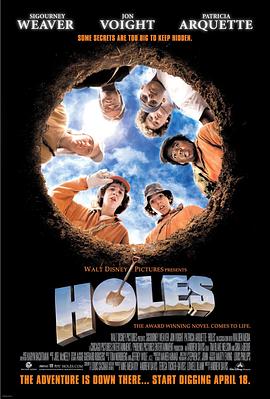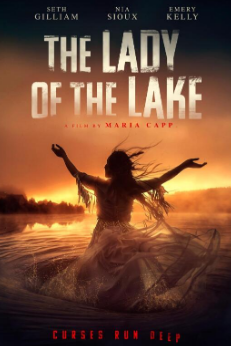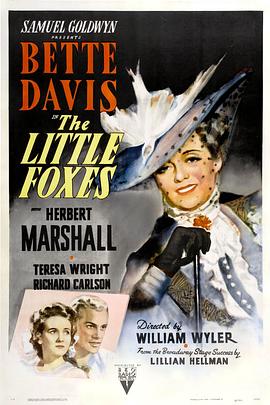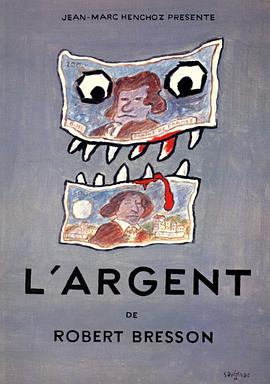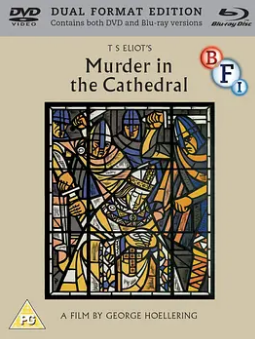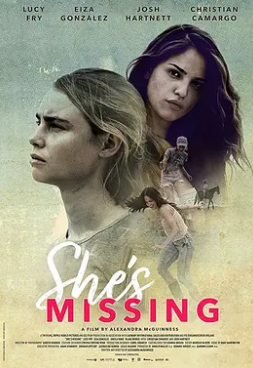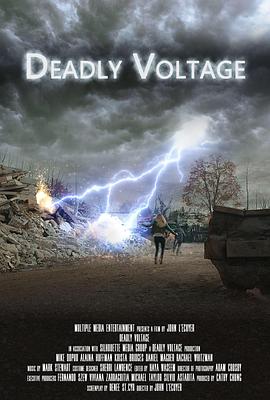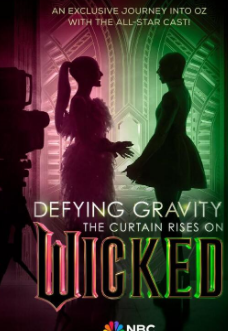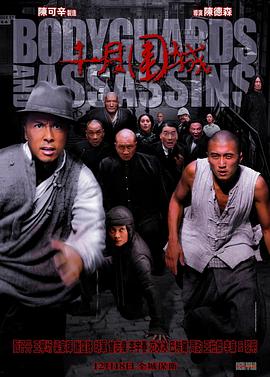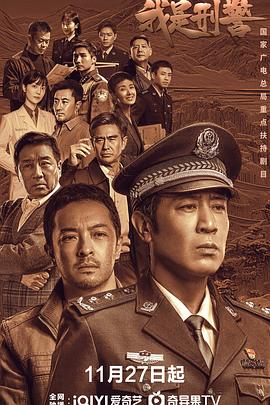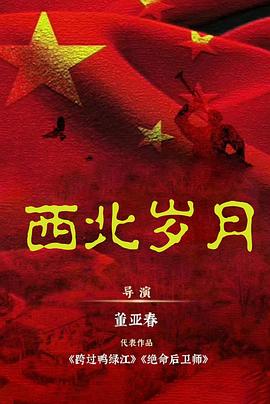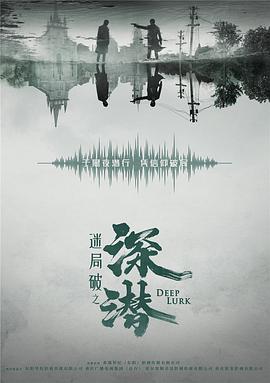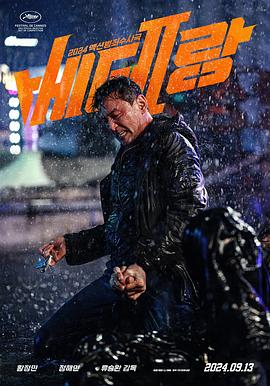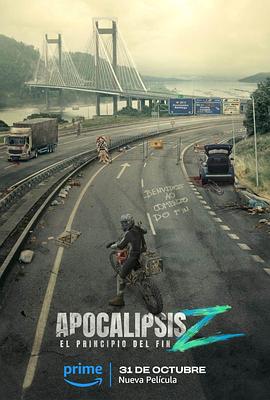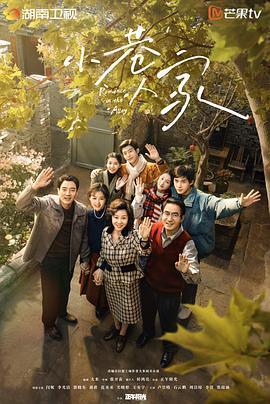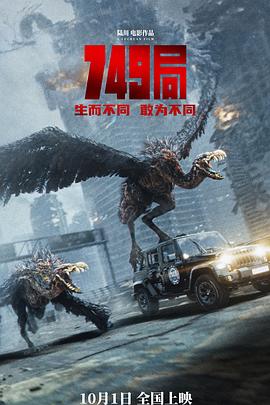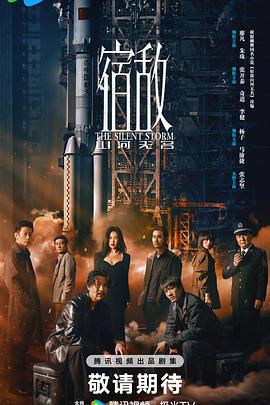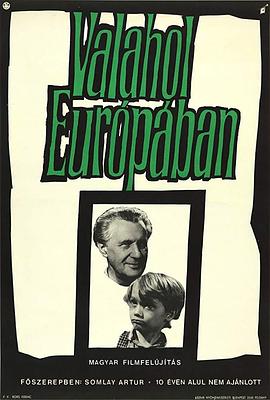
上映:
未知
备注:
HD中字
TAG:
未知
剧情:
Somewhere in the remote region, the war ends. In the midst of ruined cities and houses in the streets, in rural hamlets, everywhere where people still live, are children who have lost their homes and parents. Abandoned, hungry, and in rags, defenseless and humiliated, they wander through the world. Hunger drives them. Little streams of orphans merge into a river which rushes forward and submerges everything in its path. The children do not know any feeling; they know only the world of their enemies. They fight, steal, struggle for a mouthful of food, and violence is merely a means to get it. A gang led by Cahoun finds a refuge in an abandoned castle and encounters an old composer who has voluntarily retired into solitude from a world of hatred, treason, and crime. How can they find a common ground, how can they become mutual friends? The castle becomes their hiding place but possibly it will also be their first home which they may organize and must defend. But even for this, the price will be very high. To this simple story, the journalist, writer, poet, scriptwriter, movie director, and film theoretician Béla Balázs applied many years of experience. He and the director Géza Radványi created a work which opened a new postwar chapter in Hungarian film. Surprisingly, this film has not lost any of its impact over the years, especially on a profound philosophical level. That is to say, it is not merely a movie about war; it is not important in what location and in what period of time it takes place. It is a story outside of time about the joyless fate of children who pay dearly for the cruel war games of adults. At the time it was premiered, the movie was enthusiastically received by the critics. The main roles were taken by streetwise boys of a children's group who created their roles improvisationally in close contact with a few professional actors, and in the children's acting their own fresh experience of war's turmoil appears to be reflected. At the same time, their performance fits admirably into the mosaic of a very complex movie language. Balázs's influence revealed itself, above all, in the introductory sequences: an air raid on an amusement park, seen in a montage of dramatic situations evoking the last spasms of war, where, undoubtedly, we discern the influence of classical Soviet cinematography. Shooting, the boy's escape, the locomotive's wheels, the shadows of soldiers with submachine guns, the sound of a whistle—the images are linked together in abrupt sequences in which varying shots and expressive sharp sounds are emphasized. A perfectly planned screenplay avoided all elements of sentimentality, time-worn stereotypes of wronged children, romanticism and cheap simplification. The authors succeeded in bridging the perilous dramatic abyss of the metamorphosis of a children's community. Their telling of the story (the scene of pillaging, the assault on the castle, etc) independently introduced some neorealist elements which, at that time, were being propagated in Italy by De Sica, Rossellini, and other film artists. The rebukes of contemporary critics, who called attention to "formalism for its own sake" have been forgotten. The masterly art of cameraman Barnabás Hegyi gives vitality to the poetic images. His angle shots of the children, his composition of scenes in the castle interior, are a living document of the times, and underline the atmosphere and the characters of the protagonists. The success of the picture was also enhanced by the musical art of composer Dénes Buday who, in tense situations, inserted the theme of the Marseilaise into the movie's structure, as a motive of community unification, as an expression of friendship and the possibility of understanding. Valahol Europaban is the first significant postwar Hungarian film. It originated in a relaxed atmosphere, replete with joy and euphoria, and it includes these elements in order to demonstrate the strength of humanism, tolerance, and friendship. It represents a general condemnation of war anywhere in the world, in any form.
收起
相关影片
2023
剧情片
日本
正片
2003
剧情片
美国
HD中字
2024
剧情片
美国
《朗康科马湖传奇:湖中女士》讲述了杰米 (Jamie) 的故事,她是一名刚毕业的高中毕业生,她希望与朋友们在湖边享受她最后一个避暑别墅和 18 岁生日。弟弟溺水一周年纪念日、母亲的心理健康问题以及困扰
HD
1941
剧情片
美国
正片
2016
剧情片
韩国
正片
1983
剧情片
法国 / 瑞士
正片
2019
剧情片
其它
HD中字
2019
剧情片
其它
HD中字
2016
剧情片
加拿大
HD中字
2024
剧情片
其它
正片
2019
剧情片
中国大陆
全77集
2024
剧情片
美国
Another new special planned for the 2024-15 season is Defying Gravity: The Curtain Rises on Wicked
HD
2009
剧情片
香港
已完结
正在热播
更多
2024
国产剧
大陆
于和伟 富大龙 丁勇岱 白凡 马苏 黄曼 刘凯 赵阳 李溪芮 胡明 李泓良 孙浩 郑晓宁 颜世魁 冯国强 杜功海 李宝安 周波 邵兵 李泰 王玉宁 武笑羽 曹卫宇 赵岩松 安冬 要武 曹骏 朱辉 高海鹏 刘恩尚 石文中 刘泊霄 白威 于俭 孙玮 柳明明 孙强 李春嫒 秦旋 王茂蕾 许之糯 常荻 刘喆 王奕盛 潘宏梁 霍政谚 陈子潇 朱义 李田野 崔文静 张旭 梅洋 封新天 林一霆 党伟 刘洁 薛淑洁 薛淑杰
90年代的中昌省河昌市,基层民警秦川凭借自身努力求学深造,终于如愿成为一名刑警。在师父高建设、好友叶茂生壮烈牺牲后,秦川更加坚定了自己捍卫正义,制裁犯罪分子的决心,先后参与侦破多起案件,逐渐成长为
更新至第09集
2024
国产剧
大陆
更新至17集
2024
国产剧
大陆
全39集
2024
国产剧
大陆
全38集
2024
国产剧
大陆
更新至20集
2024
国产剧
大陆
已完结
2024
香港剧
大陆
全18集
2024
动作片
韩国
HD中字
2024
剧情片
大陆
HD国语
2024
科幻片
西班牙
何塞·马利亚·亚兹皮克 贝塔·巴斯克斯 伊里娅·德尔·里奥 Francisco Ortiz Jesús Lloveras Sergio Crespo Ali Boulabiar Mouad Ghazouan Elena Seijo Marta Poveda Ana Garcia Molero Paloma Otero Beka Lemonjava Alberto Ladrón de Guevara Yuri Mykhaylychenko Hicham Malayo Arántzazu Ruiz María
一种类似狂犬病的疾病在全球传播开来,将感染者变成极具攻击性的生物。马内尔带着他的猫躲在家中,凭借他的智慧生存下来。很快,他们将不得不外出觅食,寻找陆地和海上的安全之所。《天启Z:完结的起点》是一个
HD中字
2024
国产剧
大陆
全40集
2024
科幻片
美国
TS中字
2024
国产剧
大陆
全32集
2024
科幻片
中国大陆
抢先版
2024
动作片
美国
正片

